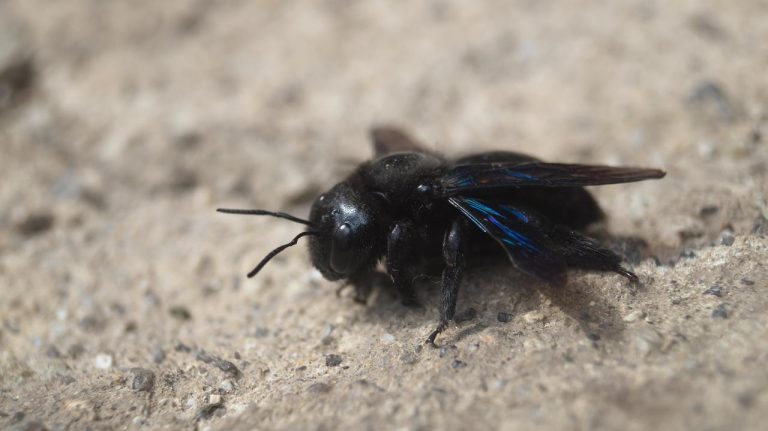A species of black bee, which is strictly protected, was observed on the campus of the University of Wroclaw. The black horned beetle is a thermophilic insect and is rarely found in Poland.
In Poland, the black-horned lizard (Xylocopa valga) has been seen to this day, including in Białowieża, Bieszczady Mountains, Ożkow National Park and Polesie. On the campus of the University of Wroclaw, the bees were observed by the university student Grzegorz Lewek.
Two bees were flying near the trunk of a broken linden tree. It is typical of this species that it usually chooses the edges of old forests rich in dead and broken trees.
“It usually builds its nests in the wood of dead trees, but it also uses wooden construction elements, such as building beams, poles or fences. It is also known that it can nest in rock crevices and loess slopes,” he said. representatives of the university.
Climate change or species plasticity
Black bees are a thermophilic species. According to scientists, their appearance in Lower Silesia is not necessarily a coincidence.
“This process can be explained by both the observed climate change and the ecological plasticity of the species, which allows it to live in anthropogenic habitats such as parks and gardens,” according to a press release published this week.
Black bee Illustrative photo Shutterstock
During the season, this bee pollinates thirty types of plants. Often, it chooses meadow sage flowers, colorful peas, black plums and cherries.
Blackwoods are heavily protected. They are included in the Red Book of Polish animals.
Main photo source: Shutterstock – stock photo

